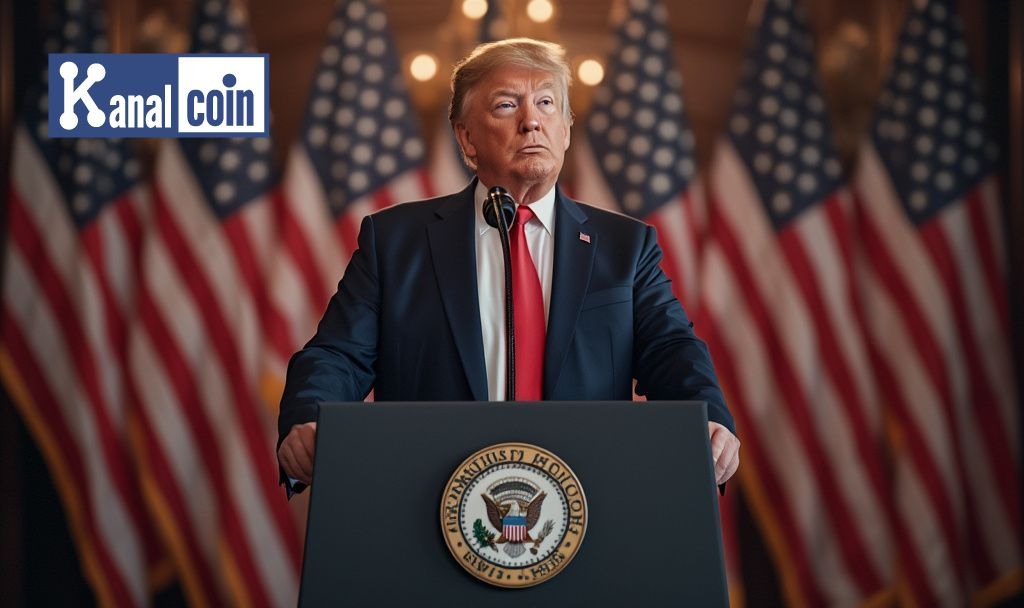
President Trump announced no suspension of tariffs following a volatile trading day on Wall Street, which concluded with most U.S. markets seeing declines.
This development holds implications for global trade relations and has provoked varied responses from market participants and policymakers regarding future economic strategies.
Trump Firm on Tariffs Despite Market Volatility
In a firm stance, President Trump reiterated that tariffs will continue despite market pressure. The Wall Street session saw significant fluctuations, mostly ending in decline, impacted by ongoing trade tensions.
Major U.S. market indices fell after Trump’s announcement, adding pressure on traders. His decision highlights ongoing economic strains between the U.S. and its trading partners, especially concerning tariffs.
Investor Concerns Over Continued Economic Slowdowns
Investors and global markets closely monitored Wall Street’s response, as Trump’s tariffs continue to strain international trade relationships. Market declines emphasize concerns over potential economic slowdowns due to enduring tariff policies.
Predictions indicate potential shifts in international relations and trade policies. Experts warn of potential regulatory impacts, reflecting on past economic disruptions. Market anxiety remains palpable as governments reassess strategies.
Tariff History Suggests Market Resilience Tests Ahead
Comparatively, during previous tariff escalations, market volatility similarly intensified. Historical data shows that past tariff increases resulted in considerable market adjustments and strained global economic relations.
Kanalcoin analysts suggest potential outcomes align with earlier tariff-related episodes, where market resilience faced tests. The long-term implications may alter trade alliances and economic strategies globally.
Sometimes you have to take medicine to fix something,” reaffirming his commitment to tariffs to reduce the U.S. trade deficit and bring back manufacturing jobs: source









